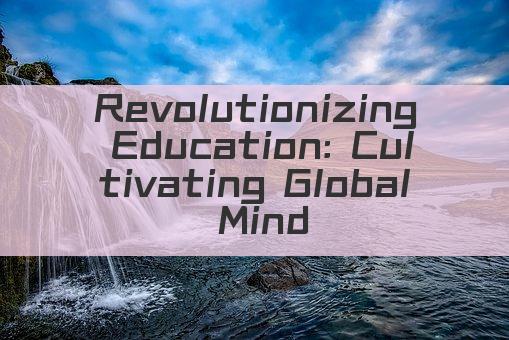Introduction to Education and Culture
Education and culture are two fundamental aspects of human life that are deeply intertwined. Education refers to the process of acquiring knowledge, skills, values, and attitudes through various formal and informal means. Culture, on the other hand, encompasses the shared beliefs, customs, behaviors, and artifacts that characterize a group of people. This article explores the relationship between education and culture, highlighting their interdependence and the impact they have on individuals and societies.
The Role of Culture in Education
Culture plays a crucial role in shaping the educational experiences of individuals. It influences the content, methods, and outcomes of education. Here are some key aspects of how culture impacts education:
Curriculum Development: The curriculum in any educational system is a reflection of the cultural values and priorities of that society. For example, in countries where collectivism is valued, the curriculum may emphasize group work and community service. Conversely, in individualistic cultures, the curriculum might focus more on personal achievement and competition.
Teaching Methods: Different cultures have varying preferences for teaching methods. Some cultures may favor rote memorization and teacher-centered instruction, while others may promote student-centered, inquiry-based learning. These differences can significantly affect how students learn and engage with the material.

Language and Communication: The language used in education is often influenced by the dominant culture. This can create challenges for students from non-dominant cultural backgrounds, who may struggle with language barriers or cultural differences in communication styles.
The Impact of Education on Culture
Education also has a profound impact on culture, both directly and indirectly. Here are some ways in which education shapes culture:
Transmission of Cultural Values: Education serves as a means to transmit cultural values and norms from one generation to the next. Through formal education, children learn about their heritage, traditions, and societal expectations.
Critical Thinking and Cultural Change: Education fosters critical thinking skills, which can lead to cultural change. By encouraging individuals to question and analyze their own beliefs and those of their culture, education can promote cultural evolution and adaptation.
Globalization and Cultural Exchange: In an increasingly interconnected world, education plays a vital role in facilitating cultural exchange. Students who study abroad or engage in international programs gain exposure to different cultures, which can broaden their perspectives and contribute to a more culturally diverse society.
The Interdependence of Education and Culture
The interdependence of education and culture is evident in several ways:
Shared Goals: Both education and culture aim to improve the quality of life for individuals and communities. Education seeks to empower individuals with knowledge and skills, while culture provides the framework for understanding and appreciating the world.
Dynamic Relationship: The relationship between education and culture is dynamic and ever-evolving. As cultures change, so too does the role of education in shaping and reflecting those changes.
Challenges and Opportunities: The interdependence of education and culture presents both challenges and opportunities. Educators must navigate cultural differences and biases to ensure that all students receive a quality education. At the same time, education can be a powerful tool for promoting cultural understanding and unity.
Conclusion
In conclusion, education and culture are inextricably linked. They influence and shape each other in profound ways, impacting individuals, societies, and the world at large. Recognizing and understanding this interdependence is crucial for educators, policymakers, and individuals alike. By fostering a culture of respect, inclusivity, and continuous learning, we can create a more equitable and culturally rich educational landscape.


发表评论
发表评论: